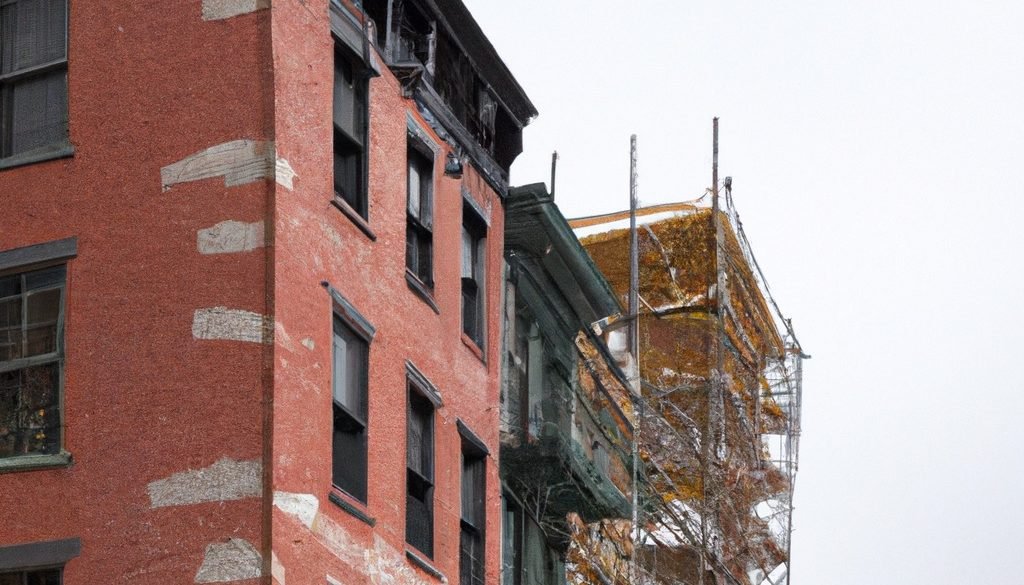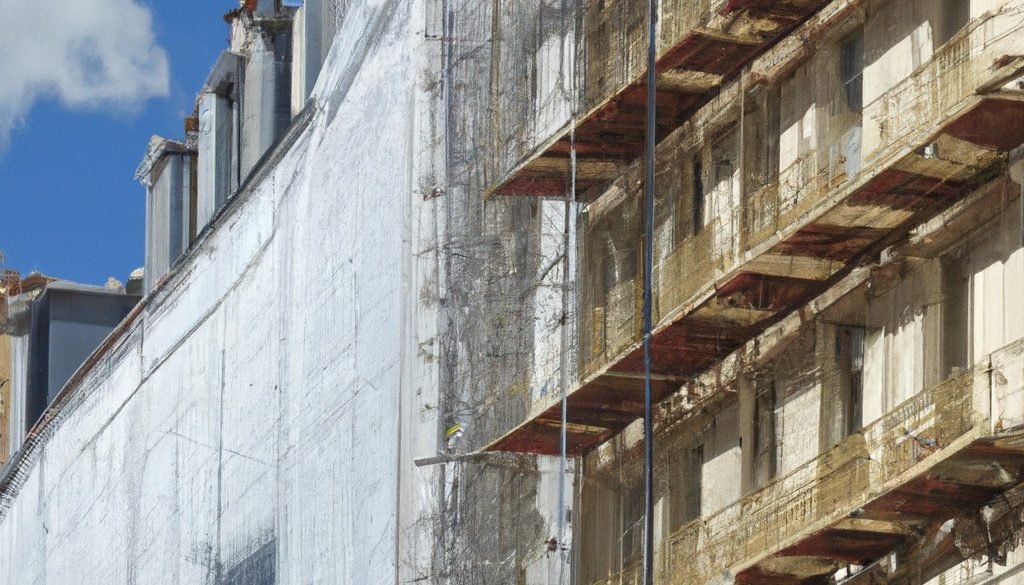On paper, adding two additional floors to existing buildings may seem like a solution to the housing shortage and an encouragement for renovation, but in practice, this time-consuming endeavor remains a subject of debate. When we talk about upward expansions, we know the drill. Dust, noise, inconveniences, and a cascade of technical issues resonate with the residents. From the perspective of property owners and real estate agencies, obtaining construction permits, financing, structural reinforcements, and tenant management are significant concerns. However, while expanding a building can turn into a nightmare for those involved, it proves to be a valuable means to address the energy crisis and housing shortage affecting our cities.
Too often either endured or observed from a distance, this act of urban densification from above recently came under scrutiny in early October, thanks to the initiative of the Professional Group of Engineers (GPI) in Geneva. The aim was to provide a comprehensive overview of this contentious subject.
No Scaffold Invasion Planned First and foremost, it is essential to understand that upward expansion is not something that can be done haphazardly, wherever and however one pleases. In Geneva, in 2008, the State Council introduced a law on upward expansions that is still in effect and lays down the principles of what is permissible. Alain Mathez, a director at the cantonal office for construction permits in Geneva, elucidated the details: « In certain areas, the legislator allows for an additional floor (equivalent to 3 meters) if the street has a width of 21 meters or less in zone 2, or 24 meters or less in zone 3. The addition of a maximum of two floors (6 meters) is, however, possible if the street is wider. It is worth noting, however, that these expansions are only feasible for creating new residential units, not for offices or other purposes, and they must not compromise the urban aesthetic harmony of the street. Legal, aesthetic, administrative, and even seismic constraints are added to the long list of obstacles… As a result, Geneva allows an average of only 14 upward expansion applications per year.
Financially Compensating Decarbonization In order to counterbalance the somewhat gloomy picture painted so far, Michael Dill, the Vice-Director of Swisslife Asset Managers, demonstrated the role that these expansions can play in offsetting the significant costs of energy transition. « We, as institutional investors, have a mission to seek stable returns, such as real estate, and the time has come to decarbonize our portfolio. This is precisely what we are currently doing, but it comes at a cost, and upward expansions help absorb some of these energy remediation expenses, » noted the expert. So, neither all good nor all bad, the issue of upward expansions promises to continue sparking numerous debates…




